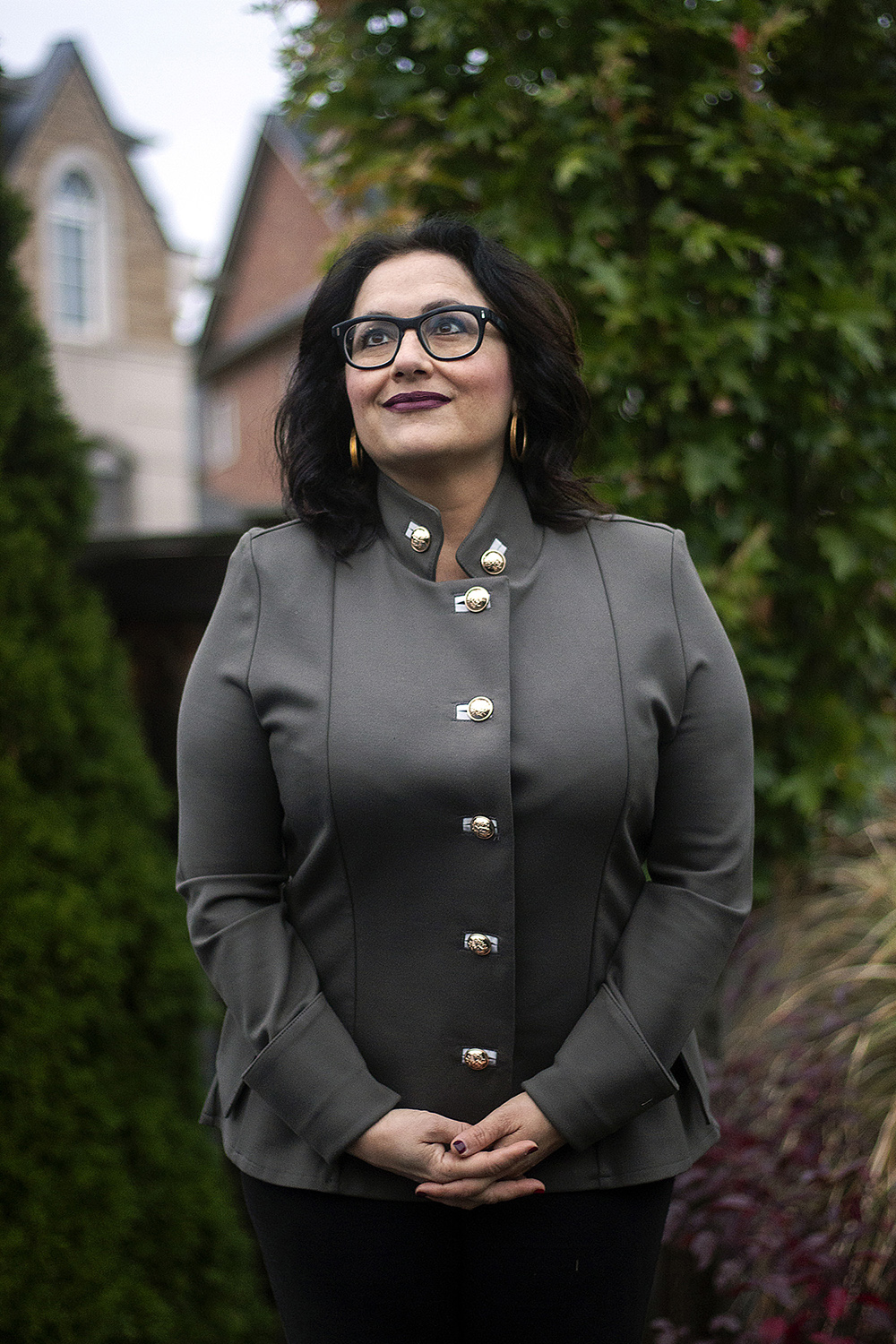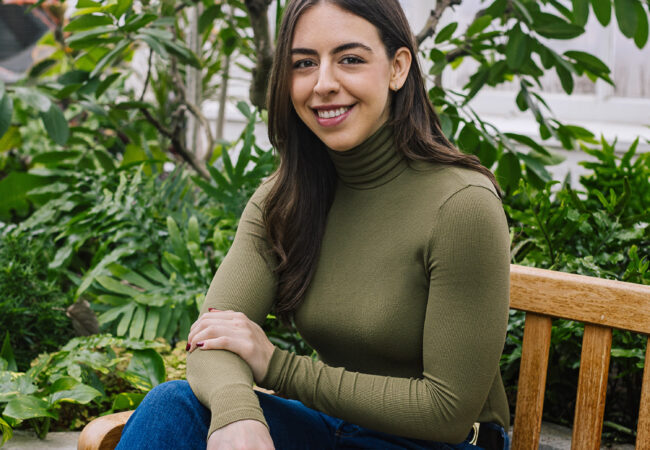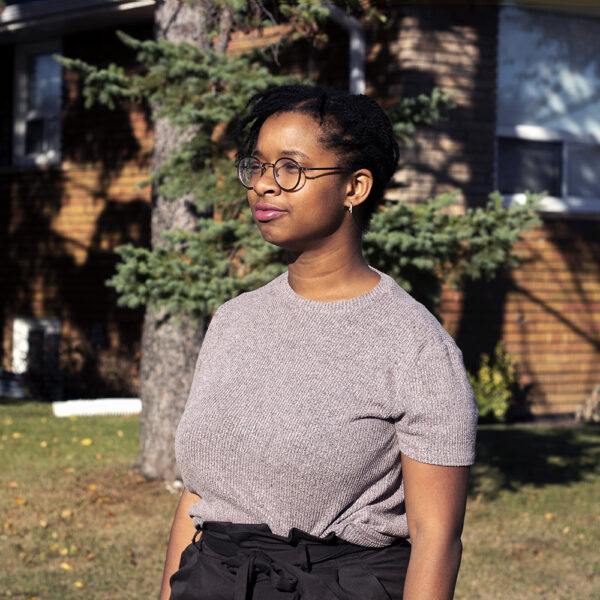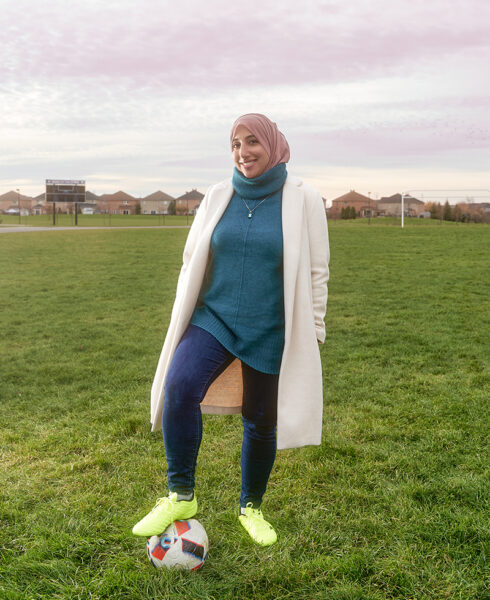Born in New Delhi and raised in Brampton, Ont., Ena Chadha remembers her family being extremely community-oriented growing up. But it was time spent at Ryerson pursuing her journalism degree that solidified the path she would eventually take—as a human rights lawyer for over 25 years and the current chief commissioner of the Ontario Human Rights Commission (OHRC).
“Ryerson has always been a community that was much more energetic on issues [like] social justice, poverty, immigration,” she said. “Those were all issues I was interested in as well.”
Chadha recently took the helm of the OHRC at a crucial time, given its inquiry into Toronto Police Services, a force that has received criticism for years of violent interactions with the city’s Black, Indigenous and racialized communities, and people with mental health concerns. The OHRC recently worked extensively with researchers to examine these incidents of violence.
The goal is to enact tangible results, Chadha says, something activists and community organizers have been clamoring for over the years. “It’s [about enacting] proactive change in our current policing models, and how policing interacts with other human services,” she said. “Making sure that we fix the gaps in the system that are currently leading to either underservice of certain racialized groups or over policing of certain racialized groups.”
Just before taking on the one-year chief commissioner position, Chadha was appointed by the province’s education minister to serve as a co-reviewer of the Peel District School Board, in 2019. The review was tasked with looking at systemic discrimination in the school board, specifically, anti-Black racism.
“I think what people don’t realize is the effect of systemic racism and discrimination, and how damaging and long lasting that effect is in creating many of the crises that we deal with today.”
From concerns with how curriculum fails to reflect Canada’s different cultures, to a lack of racialized teachers in the classroom, she and her team identified issues to remedy the inequitable dynamics they create.
When thinking about what makes her work worth doing, it comes back to community. “The most fulfilling part of my work as a human rights lawyer is when there’s a positive change for an individual person, or I know it’s helped a community.”






